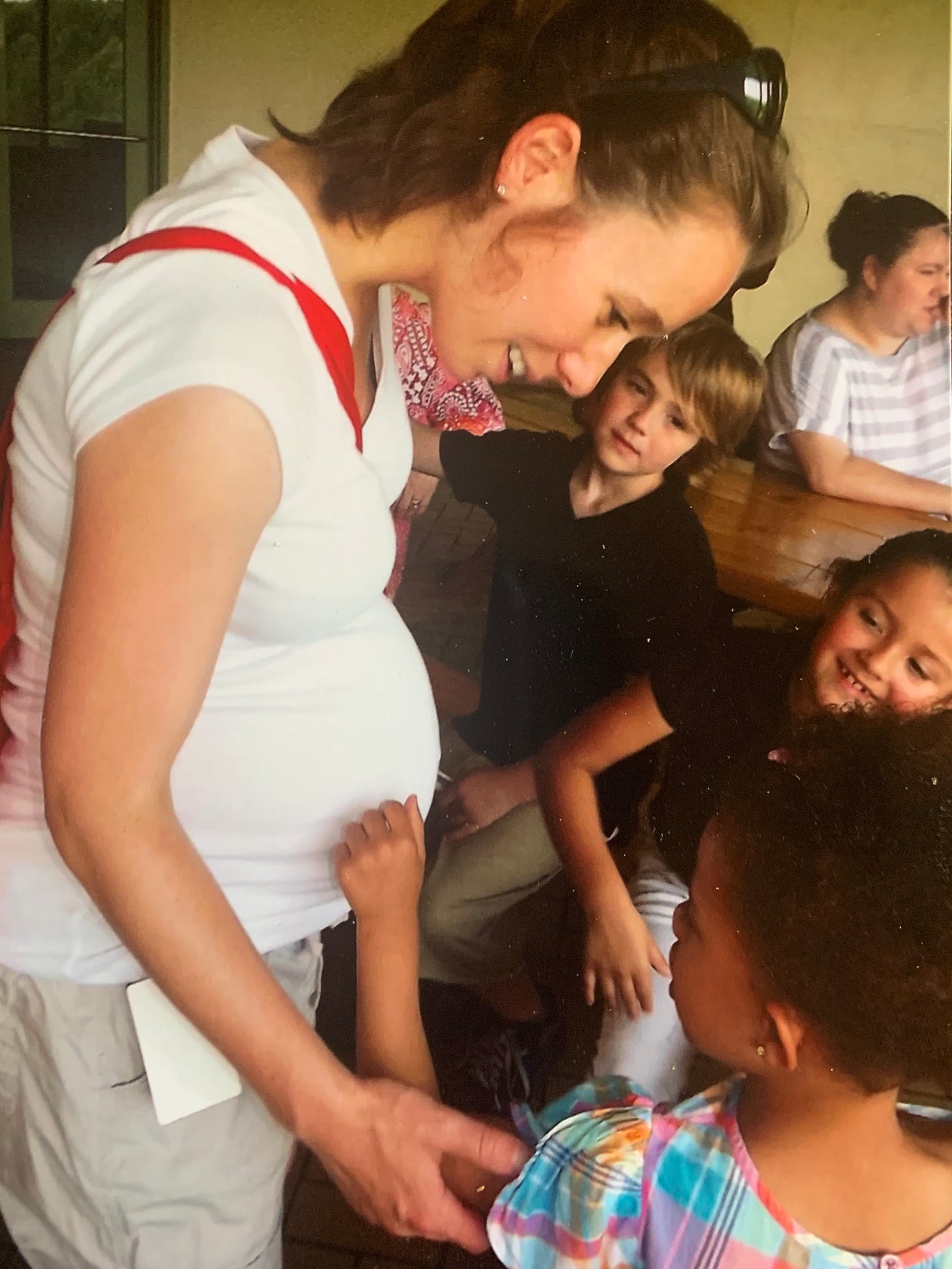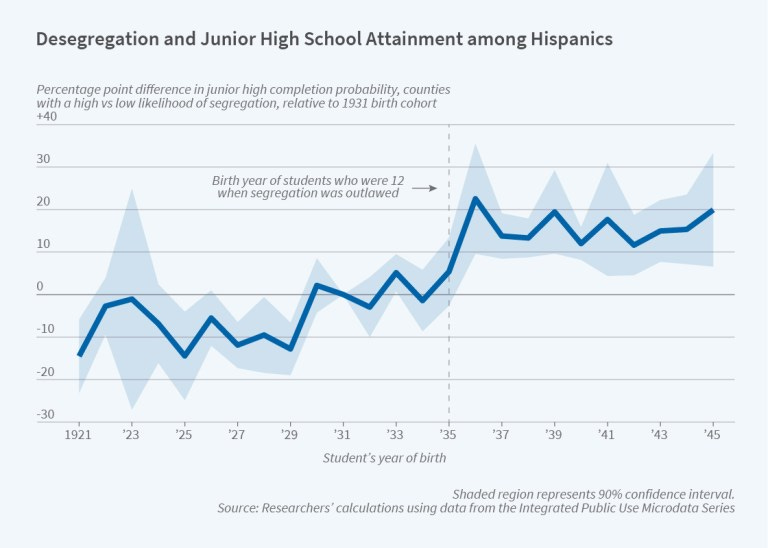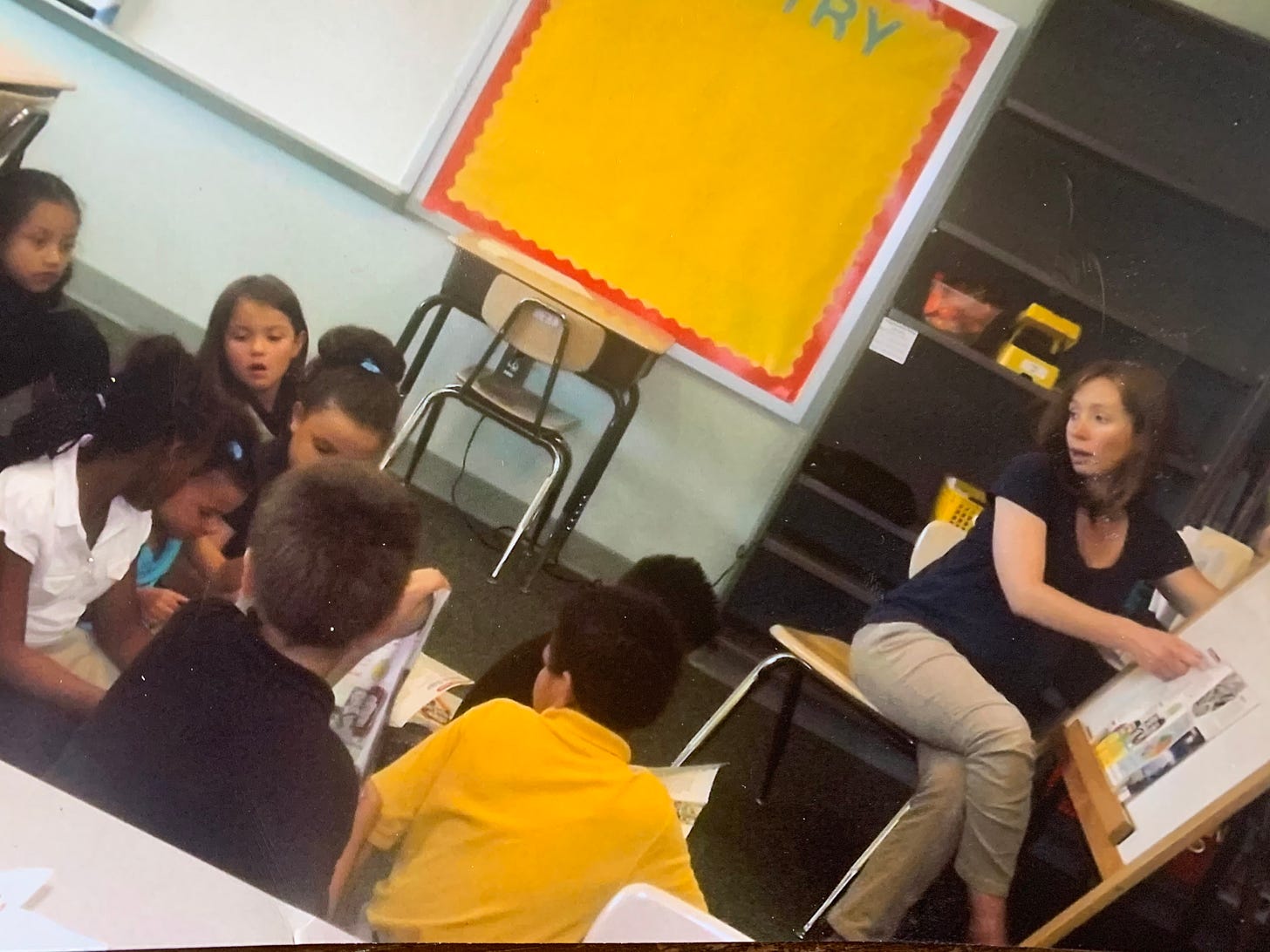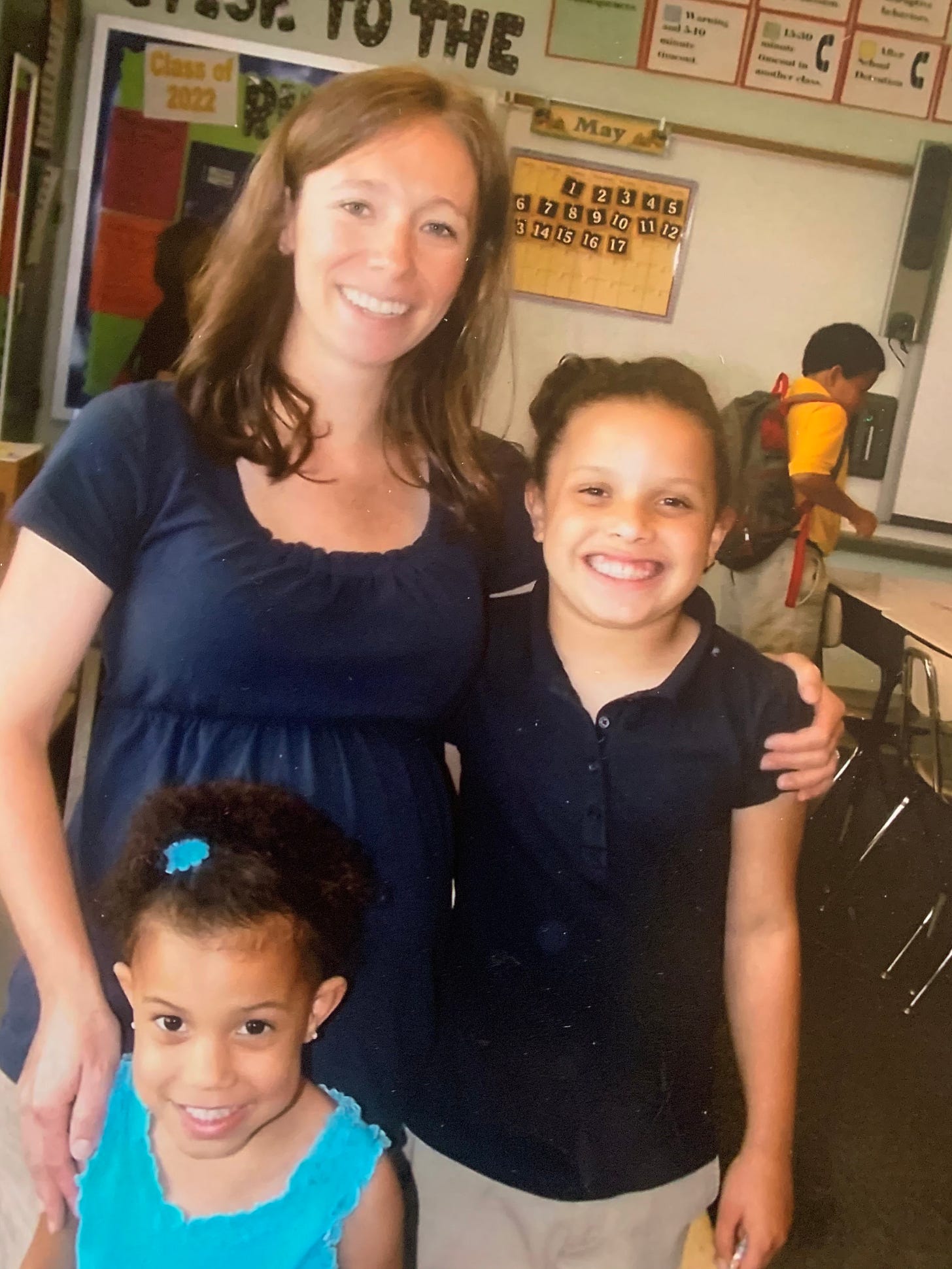This week I am visiting Columbus, Ohio, to learn more about the role of education service centers in their pandemic recovery. Being in the field is inspiring and refuels my tank. Local leaders are doing bold work to pivot toward implementing programs emerging from state set-aside funds. As we see the wheels start turning, a few things are top of mind:
We’ve never done this before. Programs to address learning disparities and attendance campaigns are not new. But, using these tactics in response to a global health crisis makes it a different ball game. We need to have patience with ourselves and one another throughout the implementation phase in this new territory. And, we need to advocate for governance shifts to enable successful implementation.
Human capital is a serious barrier. Like all industries today, K12 state departments face challenges filling new and open positions. The historic amount of funds that states are receiving and moving to districts means hiring more professionals to manage and evaluate programs. But, state departments are facing hiring challenges like everyone else. And this barrier may slow down or pause successful implementation.
Technical barriers aren't covered in the popular press. The media covers enrollment declines, chronic absenteeism, and emerging learning loss data. Yet, we rarely see stories about procurement. Procurement is not sexy. Convoluted procurement policies are hindering the implementation of programs to support pandemic recovery. Discussing this at the national level between federal program leaders among states can inform a broad movement to remove state barriers for a successful recovery plan.
THE WEEKS AHEAD
On Tuesday, May 3rd at 2:00 PM EST, Harvard Graduate School of Education hosts a webinar to discuss Planning for an Equitable Recovery.
Using Covid Funding to Lift Learning and Support Every Student. Join the panel discussion with leaders from the U.S. Department of Education, a state education agency, and a national social-emotional learning organization. Register here.On Tuesday, May 3rd, at 4:00 PM EST, All4Ed hosts a webinar on Educational Equity: Solutions Through Social and Emotional Well-Being. Register here.
On Tuesday, May 10th at 2:00 PM EST, join Jeb Bush and Dr. Penny Schwinn in discussing Tennessee's new Grow Your Own apprenticeship program and its promises and challenges. Register here.
On Thursday, May 12th at 10:00 AM PST, CALDER hosts a webinar on college and career-ready standards. Register here.
FEDERAL EDUCATION POLICY
USED | The Treasury Department released an FAQ document explaining the allowable uses of the $350 billion State and Local Fiscal Recovery Funds Program, including for salary and benefits of childhood staff.
H.R.7610 | The house is considering an amendment to the Individuals with Disabilities Education Act to improve provisions relating to dyslexia and for other purposes.
PANDEMIC RESPONSE
Jack et al. | A new analysis suggests that future investments and strategies to combat COVID-19 school closures should target students who spent the most time in remote learning.
IL | The Chicago Teachers Union, argues that when the district halted masking requirements, they overstepped their COVID-19 safety agreement.
AEI | Updates to the Return-to-Learn Tracker reveal that "districts that operated in person last school year were far more likely to rebound in enrollment this year than those that continued to operate virtually."
ENROLLMENT AND ATTENDANCE
AZ | A new story covers the enrollment decline for an elementary school in Arizona.
CA | California released their 2020-21 school year enrollment data.
MS | The Mississippi state board of education, is adding new early learning collaboratives to partner with school districts, Head Start agencies, and others to prepare young children with critical foundational skills.
EARLY CHILDHOOD EDUCATION
The74 | A recent white paper reveals that about one in three child care professionals experienced food insecurity in 2020.
UT | Utah is launching an $8 million free early learning program through Waterford Upstart, a local nonprofit.
NIEER | The National Institute for Early Education Research (NIEER) reported new data on state-run pre-K programs and their estimates to indicate that 300,000 fewer children were enrolled in the 2020-2021 school year compared to the 2019-2020 school year.
EdSurge | In the absence of federal action to increase early childcare workers, states are taking the matter into their own hands.
EQUITY AND INCLUSION
EWA | Beth Hawkins provides an essential playbook for covering LGBTQ stories in a way that centers on data, students, and lived experiences.
The74 | Fifteen states suggest they will challenge the US Department of Education’s newest Title IX rules if it conflicts with their position to ban transgender females from competing in girls’ sports.
Brookings | A new study presents the first quantitative analysis of the long-term effects of desegregation in Mexican American schools in California.
POST-SECONDARY EDUCATION
OH | Ohio Governor pays students to re-enroll and finish their degrees.
Real Clear | Manno unpacks the need for more pathways to jobs, including degree and skills-based hiring objectives.
CNBC | More companies, are removing college degree requirements for employment.
ASSESSMENT AND ACCOUNTABILITY
TX | Some universities in Texas are unpacking the nuances of test-optional policies and where to go next.
DQC | A new coalition of data advocates will lead the charge to improve state data systems as an impetus for innovation and transformation.
“When federal leaders commit to supporting state data efforts by providing investments, removing unnecessary barriers to innovation, and incentivizing change through policies and regulations, it can kickstart innovation and change.”
TEACHER WORKFORCE
ECS | A new brief report that states invest in strengthening the teacher candidate pipeline and ensuring school leaders are represented in the policymaking process.
AL | A new evaluation reveals that Alabama’s beginning teachers leave their first classroom within their first three years.
WI | Teacher retirements decreased in Wisconsin.
DID YOU MISS IT?
I am proud to come from a family of educators who modeled how vital the classroom was for community advancement. My grandmother and grandfather, Mr. and Mrs. Toribio, were educators people knew throughout my hometown. They also inspired my sister and me to go into the teacher workforce.
Teachers are masters at building community, and for that reason, we need them more than ever. Thank you to all of my teachers at all levels from the bottom of my heart. I would not be here without your commitment to building a solid connection with me throughout the years.
Here are some throwbacks of my grandmother’s third-grade classroom and my first few years teaching in Pitt County, North Carolina.

Dr. Christine M. T. Pitts serves as Director of Impact and Communications at the Center on Reinventing Public Education, overseeing policy leadership for research, advocacy, and government relations. A former teacher and administrator, she previously led research and evaluation for Portland Public Schools. She also served as Policy Advisor at NWEA, where she oversaw state and federal policy to advance equity and innovation in educational assessment. Follow her on Twitter @cmtpitts.











